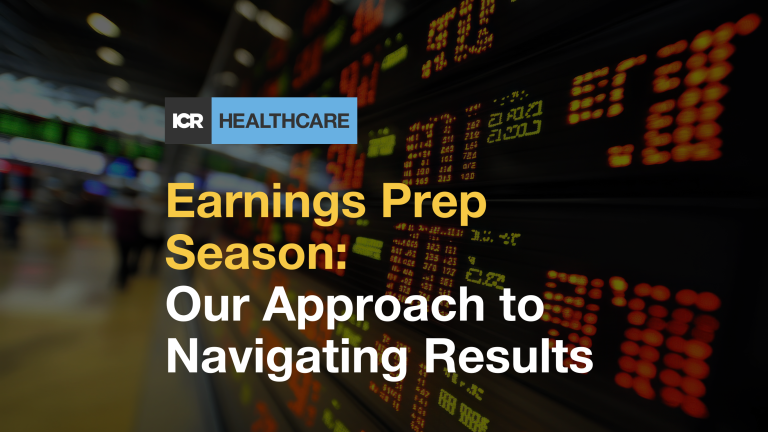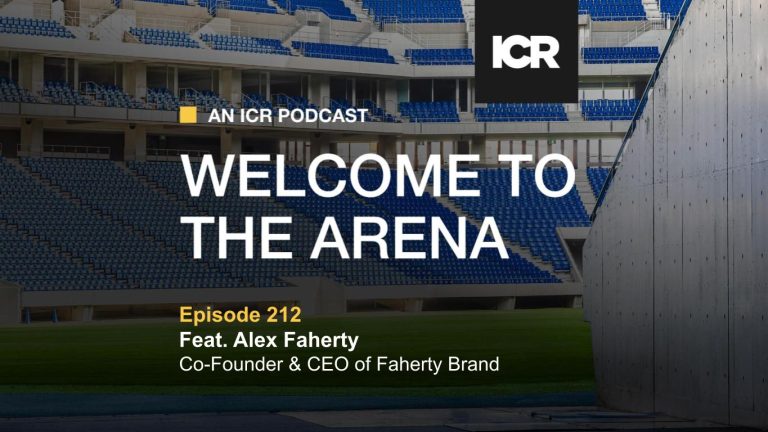ASCO is the American Society of Clinical Oncology and every June it holds an annual conference, the cancer community’s largest medical meeting of the year. I’ve just returned from my 10th ASCO and have been reflecting on how much it has changed since I first attended in 2003 as an oncology fellow.
Over the years, the conference has certainly grown – in size and scope. There’s a much larger presence from the pharmaceutical industry. And the therapies featured have evolved – from chemotherapy to more targeted agents and now to immunotherapies. We’re also starting to see a gradual move towards a more holistic view of cancer care. For me, this recognition of the psychological impact of cancer and how we can treat it, is a striking change.
Oncologists are generally not focused on emotional wellbeing. I know from my 18 years in oncology practice that there usually wasn’t time to think beyond the physical manifestations of the cancer and its treatments. And even if we did have time, we didn’t have many tools to help fix anything non-physical. It was hard to see people suffering emotionally and not be able to help; this frustration led to the creation of Sunstone Therapies, which began as a place to heal the emotional suffering caused by cancer and is now evolving into a much broader company, delivering psychedelic-assisted therapy in the medical setting for a range of mental health disorders.
The problem is compounded by the fact that patients don’t ask for help with mental distress, usually because they don’t know they can. Patients and their families are often deeply affected by the mental aspects of cancer – 25% of people with cancer also suffer with major depression – but they don’t think about raising it with their doctors.
Once you become aware of or feel the depth of emotional suffering affecting patients and their families, it becomes top of mind and you can’t ignore it. But our society and culture aren’t thinking enough about it yet. We need this to change; if patients and their families started asking for help with their mental health, the pharma industry and healthcare professionals would be more driven to develop and offer better tools and therapies.
We’re seeing the beginnings of this change at ASCO. In 2022, I attended ASCO for the first time as Chief Medical Officer of Sunstone Therapies and not as an oncologist. I was presenting a poster on results from our Phase 2 study on the use of psilocybin therapy for Major Depressive Disorder in cancer patients. For anyone who hasn’t attended one of these conferences, the posters are often displayed in an area distinctly different from the heavily trafficked main stages and the exhibitor areas with their plush carpets and inviting booths. And within this poster area, the quietest section at ASCO last year was a track called “Symptoms and Survivorship” which is where our poster resided. Our research featured psychedelic-assisted therapy for mental health and emotional suffering. There weren’t many like us and we didn’t generate much attention, with only a handful of people coming by. Nevertheless, just being there felt like a shift, albeit a small one, in how ASCO was looking at cancer care.
I arrived at ASCO 2023 with a poster presenting 18-month follow-up data to our study, fully prepared for a quiet few days. I left ASCO 2023 with a sore throat from talking continuously with a steady stream of people interested in learning more about managing the emotional impact of cancer. My colleagues and I talked to oncologists, pharma companies and patient advocates. This last group is particularly important. We need more patients to know that they can ask for help with emotional suffering and that this should become the norm, an accepted aspect of cancer treatment.
This won’t be a sudden change, but it’s exciting. My hope is that we can get more patients and families to talk about it. This will encourage oncology practices to think about it and this will lead to more research, more posters about the mental health aspects of cancer, more people talking about it, and more scientific developments in this field.
ASCO has a significant role to play in moving this forward, particularly with its strong links to the patient community. Cancer affects networks of people, not just individuals. Everyone knows someone who has been affected by this disease, directly or indirectly. We need to do more to help manage every aspect of cancer, and I look forward to contributing to ASCO 2024 and seeing how things may shift even further.



